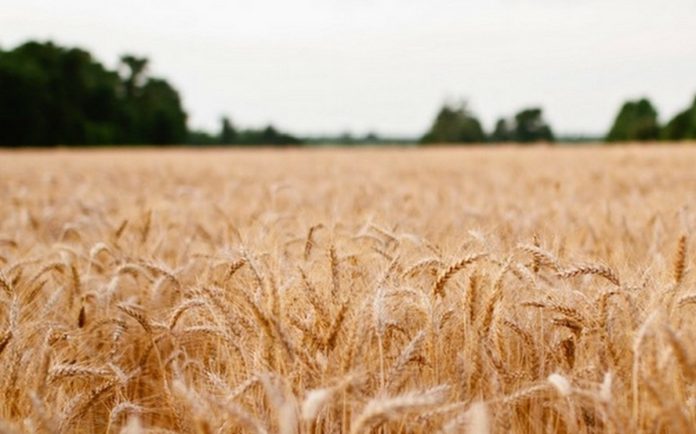Cereal imports from Ukraine and the Republic of Moldova will be allowed only to Romanian farmers and processors and will only be possible on the basis of a license, the minister of Agriculture, Florin Barbu, announced on Wednesday, on his Facebook page, write Agerpres.
„As we promised, we protect Romanian production and the work of Romanian farmers. The piece of legislation is ready and will be approved by the Romanian gov’t,” the minister said.
The authorization mechanism of Romanian economic operators for the import of wheat, corn, sunflower seeds and rapeseed from Ukraine and the Republic of Moldova was published on Tuesday in decisional transparency on the website of the Ministry of Agriculture and Rural Development (MADR).
The draft piece of legislation provides that only Romanian economic operators who carry out activities in the following economic sectors can be authorized for operations to import agricultural products from Ukraine or the Republic of Moldova: manufacture of oils and fats, manufacture of milling products, manufacture of products for feeding farm animals and animal husbandry.
According to MADR, the agricultural products that can be imported, under the conditions of the piece of legislation subject to public debate, are: wheat, corn, rapeseed or wild rapeseed, even crushed, and sunflower seeds, even crushed.
According to the draft law, the establishment of these measures to regulate imports of agricultural products from Ukraine or the Republic of Moldova was necessary considering the fact that the war of aggression in Ukraine generated a major impact on maritime transport operations in Ukrainian ports on the Black Sea, where approximately 90pct of Ukraine’s grain and oilseed exports took place, a context in which Romania facilitated the import and transit to the EU of 65pct of agricultural products of Ukrainian origin.
And combined with the indirect effects, namely the substantial increase in input prices, these have currently led to the situation where around 45pct of Romanian farmers are unable to pay their debts for inputs and installments due in September, respectively October 2023, because of the very low prices charged for agricultural products (wheat, barley, rapeseed, sunflower and corn), which did not cover the very high production costs.




